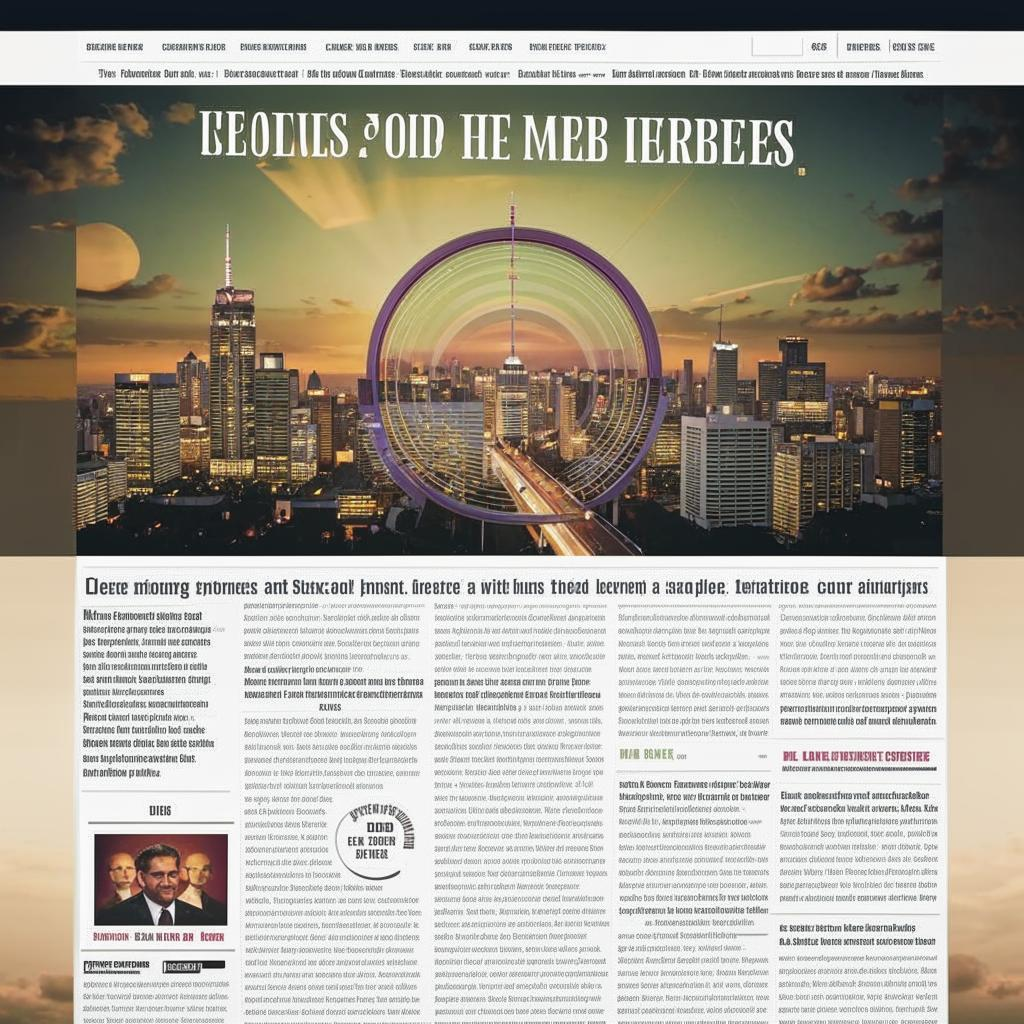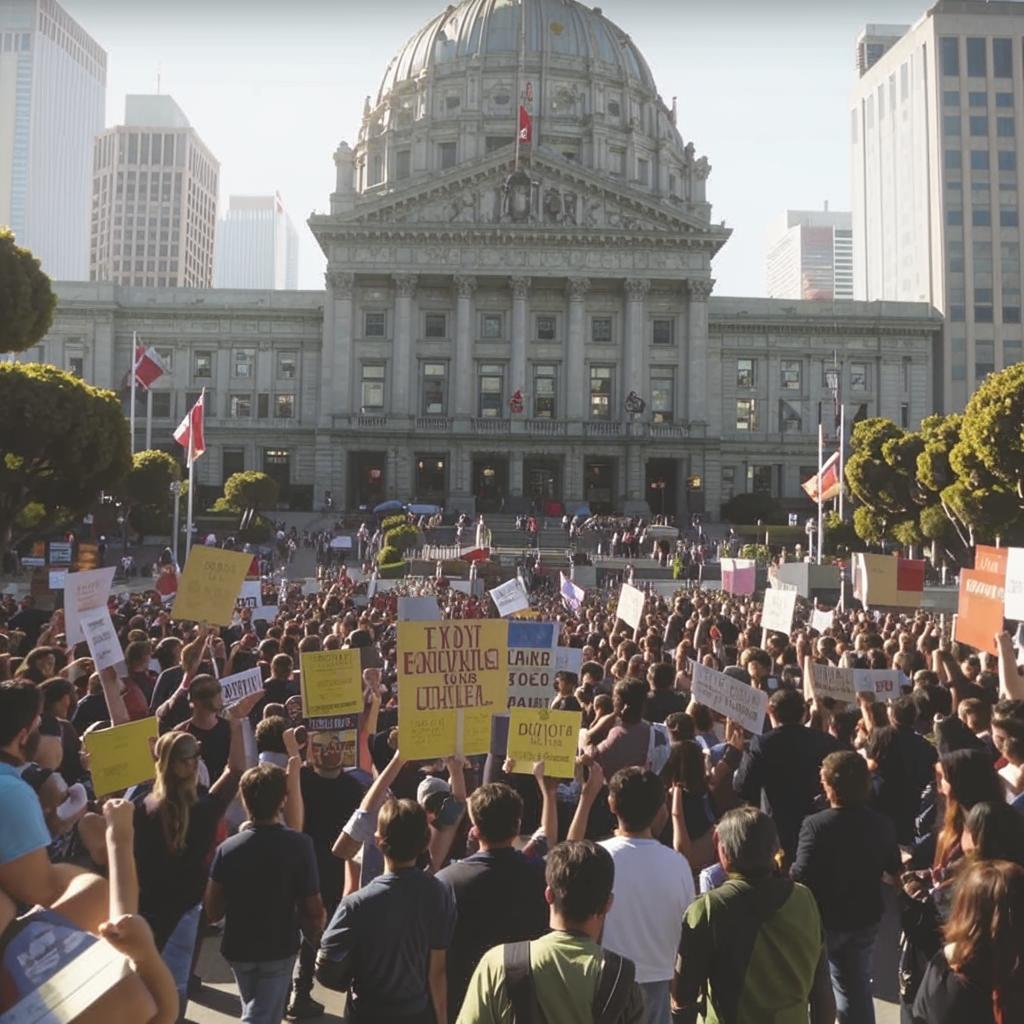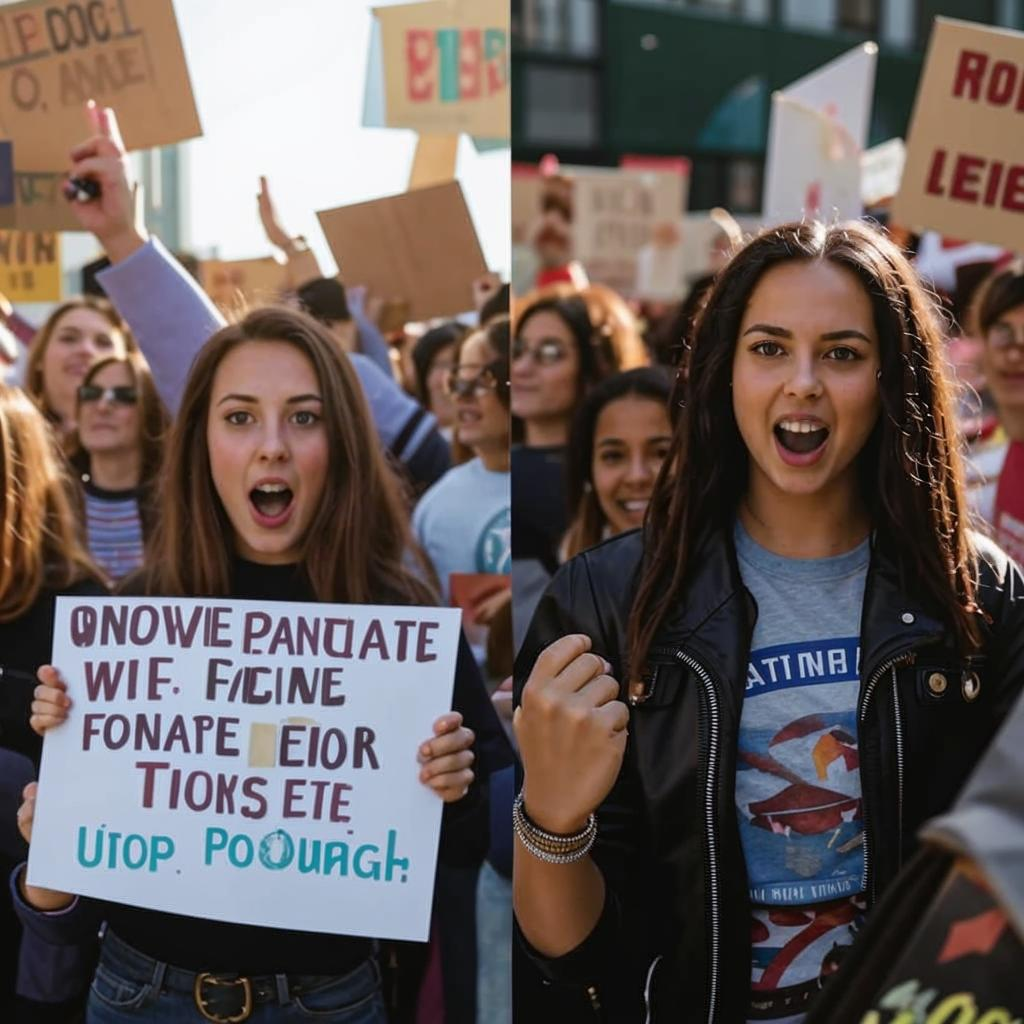The COVID-19 pandemic exposed deep fractures in our political systems. While a unified, science-driven response was crucial, partisan divides often dictated policies and public behavior. Trust in institutions eroded as political leaders downplayed the virus’s severity or promoted unproven treatments, often aligning with ideological agendas.
The politicization of masks and vaccines became a stark example. Public health measures, intended to protect communities, were framed as infringements on personal liberty, fueled by misinformation and amplified through social media. This created a climate of confusion and resistance, hindering efforts to control the virus’s spread.
Economic relief measures also became entangled in political battles. Debates over the size and scope of aid packages delayed assistance to struggling families and businesses. The pandemic’s disproportionate impact on marginalized communities further highlighted existing inequalities, exacerbated by political inaction or inadequate support.
Globally, vaccine nationalism hindered equitable access to vaccines, prolonging the pandemic and creating fertile ground for new variants. Wealthier nations prioritized their own populations, leaving poorer countries vulnerable and undermining global efforts to achieve herd immunity.
The pandemic revealed the consequences of prioritizing political gain over public health. Rebuilding trust in institutions, promoting evidence-based decision-making, and fostering bipartisan cooperation are essential to prepare for future crises. A focus on shared humanity, rather than political division, is crucial to effectively address global challenges. The lessons learned from COVID-19 must inform a more collaborative and equitable approach to public health policy, ensuring that politics does not impede our collective well-being. A more unified approach could save lives in the future.














